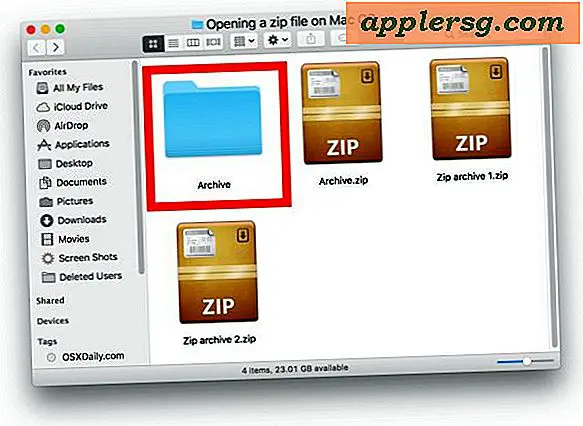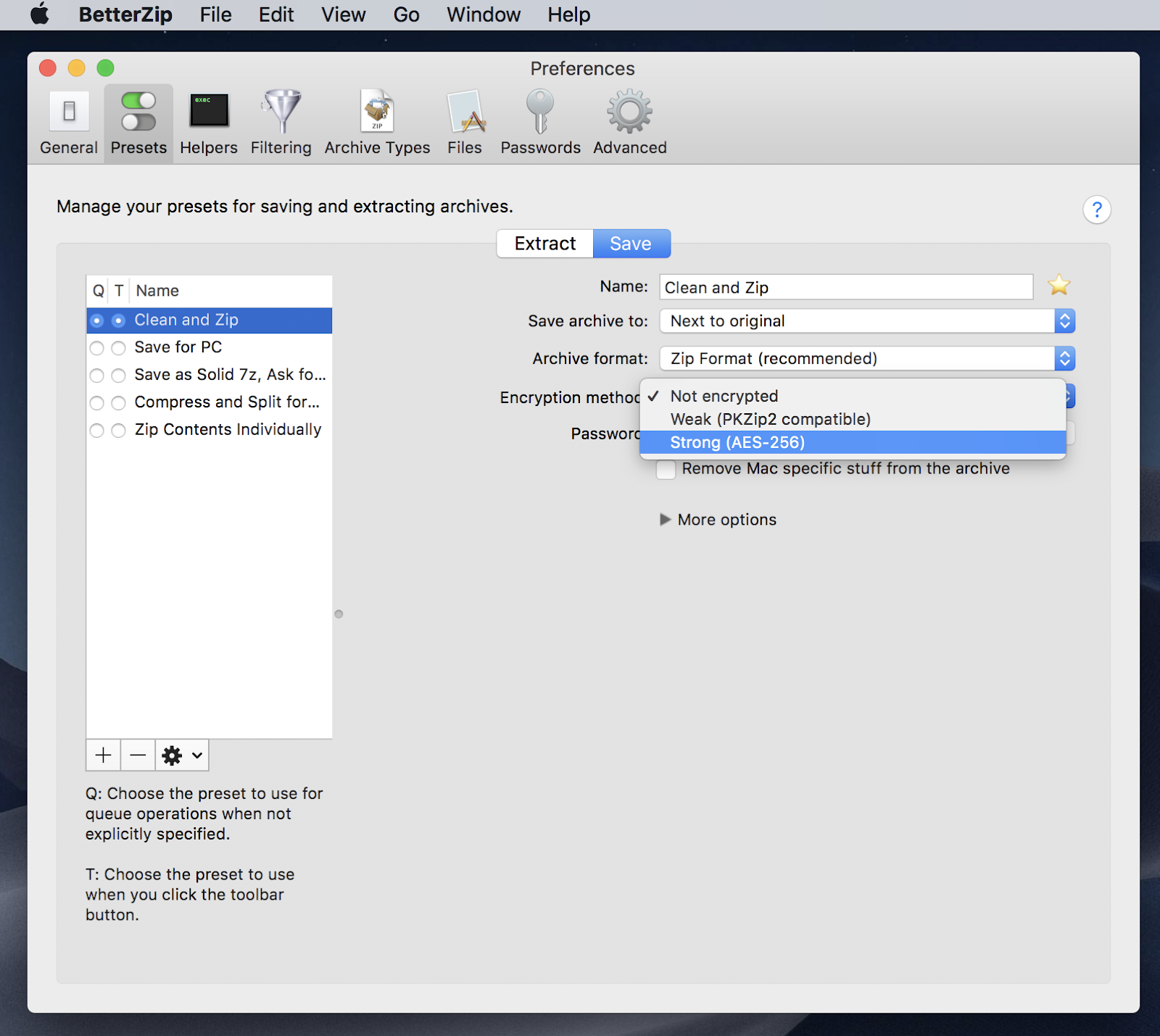

- #Zip files mac how to#
- #Zip files mac mac os x#
- #Zip files mac mac os#
- #Zip files mac zip file#
- #Zip files mac archive#
When you press directly, the compressed file will appear directly to ZIP and to decompress it in this case we cannot perform the action in reverse from the same menu, this time You will have to press first on «Quick view» and then on the unzip option. directly from the desktop, folder or similar.įor this, what we have to do is press the right button on top of this and directly click on the compress option. In this case we can compress any file, image, document, file, folder, etc. This is the option that I use personally but as we say there are more options. Then you can add a period to indicate which directory, folder or similar you want to choose or you can even use an asterisk to choose all the files you want to compress. With these two commands you can do a ZIP compression easily from Terminal. To compress a file directly from Terminal, just type zip -r filename.zip directory and to extract it you can use unzip filename.zip and ready. Obviously we can perform this action and many others with Terminal and without, but when you have hidden files or directories this option can be really interesting for it. The rest of the time, he studies straw-bale houses, reads Anarchist philosophy, and pretends to not be working.One of the options that we have available for a long time in macOS is compress files and folders in ZIP from Terminal, Today we will see how simple and effective this action can be, which can be performed from any computer with macOS installed. In his free time, he does the desert rat thing and hikes and road bikes around the Southwest. Matthew Cone is a technical writer living and working in Albuquerque, New Mexico.
#Zip files mac zip file#
All Mac users have to do to open the zip file is double-click it! Just send this to your Mac- or PC-using friends - they'll be able to open it. This contains all of the files and folders you selected to be compressed.
#Zip files mac archive#
sit, gzip gz, tar, and many other file archive formats that you may encounter when downloading data from the internet or in emails. Zip file is created and save in the current working directory. The Unarchiver can open zip archives as well as open RAR files on a Mac, zip CPGZ files, bz2 bzip.

Select the files you want to zip, and right click on their selection. You can select multiple files and folders by holding down the Shift key or the Command (Open-Apple) key and clicking. Locate the files or folders you want to archive using Mac Finder. Locate the file or folder you want to compress.
#Zip files mac how to#
Here's how to compress files and folders:
#Zip files mac mac os#
You can also uncompress zipped files and folders - it's all built into Mac OS X.
#Zip files mac mac os x#
In fact, Mac OS X has built-in features that allow you to compress - or zip - files and folders on the spot. That application's still around, but it's no longer necessary the way it once was. In the past, Mac users had to rely on an expensive application called Stuffit to compress files and folders. If the files or folders are not next to each other, tap and hold the Ctrl key and left-click to highlight or select files/folders you want. Next, right-click on the folder containing your files and folders you want to zip. That way, it will be easy to move your files via email, FTP, or even with an instant messaging application like iChat. Put all the files you want to zip in the same folder.

Either way, you're going to want to shrink - or compress - the files so they take up the least amount of space possible. Or maybe you just want to stick your Microsoft Word document on your USB thumb drive. If you own a Mac, you're going to want to save and transfer files and folders to others.


 0 kommentar(er)
0 kommentar(er)
